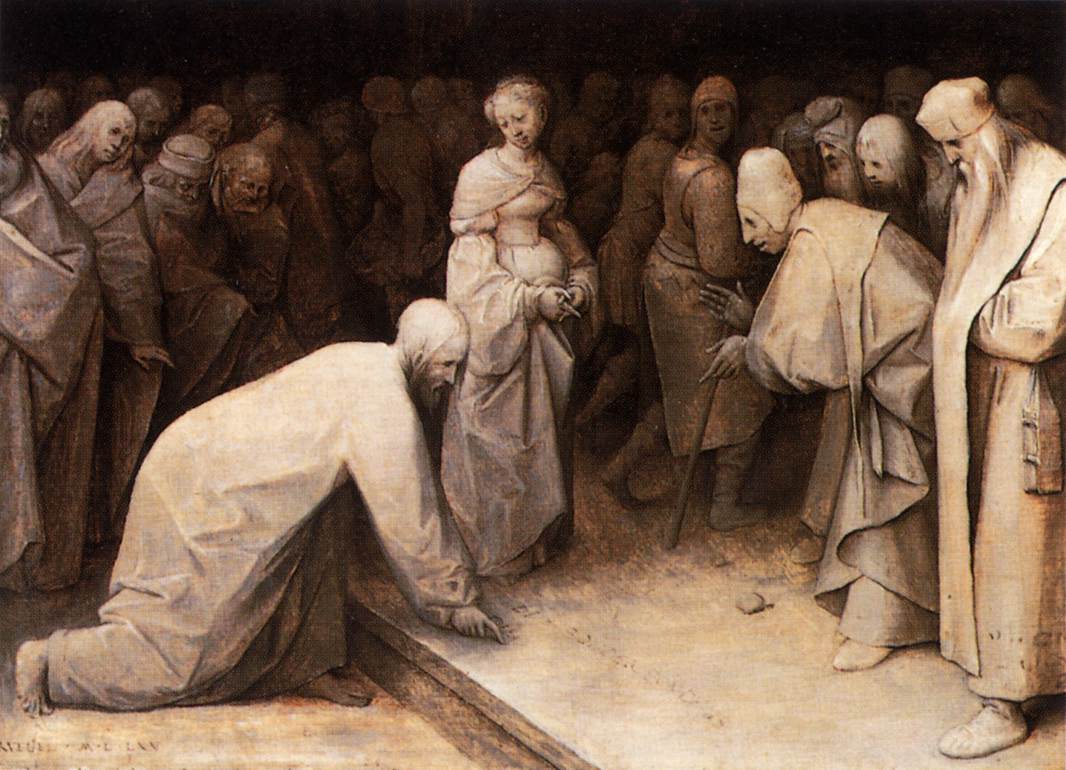Some provocative thoughts on the subject, from Commonweal’s Cathleen Kaveny, and how this might relate to Communion for the divorced and remarried:
Some insist that because a sacramental marriage endures until one’s spouse dies, the church must treat the second marriage as adulterous. But is “adultery” the best way to describe the sin of a divorced and civilly remarried person against his or her sacramental first marriage? It is worth noting that the concept of “adultery” has changed significantly over the centuries. In ancient times, the law viewed adultery as analogous to a property crime—the property being the woman. In Mosaic law, as in early Roman law, adultery was condemned because it rendered the lines of patrilineal succession uncertain, since a man could not be sure that the children borne by his wife were really his. (Thus a married man who had sexual relations with an unmarried woman was not viewed as committing adultery.)
In our own era in the West, “adultery” applies equally to men and women, and refers mainly to the betrayal of one spouse by another, a betrayal that is not merely sexual, but also emotional and often financial. In the broader contemporary culture, therefore, “adultery” does not apply to a situation that arises after a married couple obtains a divorce and one or both parties remarry. Catholic teaching does not view marriage in the same way, of course. But even canonists recognize that secular divorce changes the relationship between the parties—since many dioceses will not even consider a case for annulment until a secular divorce has been finalized.
Adultery is certainly wrong, and we should condemn it. But how should we describe it? Here secular law provides helpful insights. As legal scholars William Theis and Jeffrey Chemerinsky have noted, the first task facing any prosecutor is to determine the “unit of prosecution” for the wrong committed. Does a shoplifter who takes five sweaters from a department store commit one crime or five? The challenge is more difficult when what is at stake is not an isolated action but an organized pattern of behavior, such as adultery. In Ex parte Snow (1887), the U.S. Supreme Court took up the case of a polygamist in Utah charged with one count of unlawful cohabitation for each of the three years he lived with more than one wife. The Court held that prosecutors could not arbitrarily divide a single, uninterrupted unlawful cohabitation into three separate criminal charges. In reality, it was one event, and properly describing the defendant’s actions required looking beyond the discrete acts to a broader pattern of activity. It required recalibrating the focus of the law’s lens to get a wider perspective.
That sort of recalibration could assist the Catholic Church in understanding the situation of divorced and remarried people.
Read on to learn why.
Meantime, a useful piece of Church teaching:
2380 Adultery refers to marital infidelity. When two partners, of whom at least one is married to another party, have sexual relations – even transient ones – they commit adultery. Christ condemns even adultery of mere desire. The sixth commandment and the New Testament forbid adultery absolutely. The prophets denounce the gravity of adultery; they see it as an image of the sin of idolatry.
2381 Adultery is an injustice. He who commits adultery fails in his commitment. He does injury to the sign of the covenant which the marriage bond is, transgresses the rights of the other spouse, and undermines the institution of marriage by breaking the contract on which it is based. He compromises the good of human generation and the welfare of children who need their parents’ stable union.








